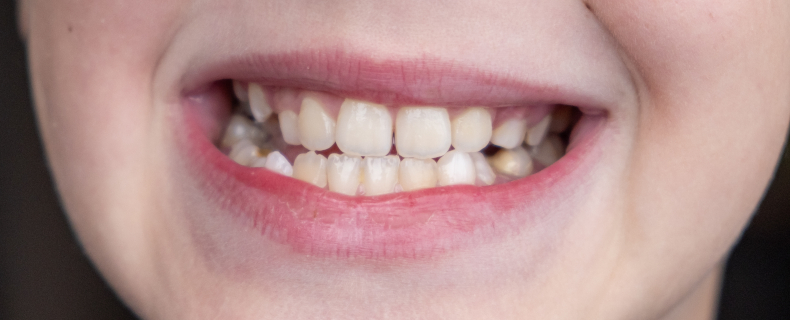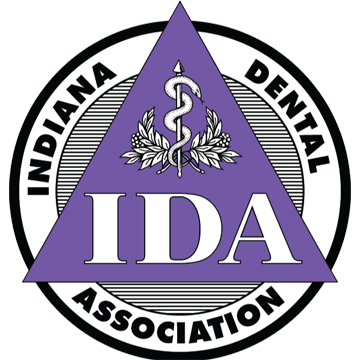TMJ Disorder FAQs that you should Know

Your temporomandibular joint is a relatively small joint that attaches your lower jaw to your skull. It’s probably one that you don’t give much thought to unless it starts acting up and causing you discomfort. While it’s a small joint, it can create big problems that could indicate you have temporomandibular joint disorder or TMJ. Today on the blog, we share TMJ facts that you should know if you have this common condition and to help discover the best treatment.
What is TMJ disorder?
TMJ disorder occurs when the jaw is out of balance. This can result from missing or uneven teeth, tension in the jaw joint, arthritis, or from clenching and grinding your teeth while sleeping. Like every other joint in your body, the jaw joints have soft tissue, including muscles, tendons, ligaments, blood vessels, and nerves. Therefore, when something is out of balance or tense, inflammation develops, restricting blood flow and leading to pain and restricted movements.
One of the most prominent nerves in the body travels from the brain to the spinal cord, through the jaw joints, and feeds into the lower jaw. It’s called the trigeminal nerve, and it’s responsible for movements of the jaw, mouth, tongue, and face. Therefore, when TMJ disorder affects the jaw joints, it can send pain signals to the brain, causing frequently occurring headaches and eventually leading to neck or back pain. Just like sciatic pain travels from your low back down to your feet, cranial nerves can radiate pain down through the neck, shoulders, arms, or back.
How can I tell if I have TMJ disorder?
Symptoms of TMJ disorder are far-reaching and may vary from patient to patient. You might have TMJ disorder if you experience the following symptoms:
- Jaw pain or discomfort
- Difficulty or pain when chewing
- Lockjaw
- Headaches
- Neck pain
If you experience any of these, especially if they are chronic and never seem to go away, get a TMJ assessment in Louisville.
What treatments are available for TMJ disorder?
Treating TMJ disorder depends on the cause. If missing or crooked teeth are the culprit, the dentist may recommend rebuilding your bite or straightening your teeth to create an even occlusion or bite. For patients that have bruxism or clench and grind their teeth while sleeping, wearing a custom-fit nightguard should help relieve your symptoms. In some cases, patients benefit from wearing a specially designed mouth splint that relieves tension in the jaw joints. Other natural therapies are available to help ease pain, decrease inflammation, and improve blood flow without the use of medications.
Will TMJ disorder ever go away on its own?
Unfortunately, just like many other medical conditions, TMJ disorder does not go away on its own. In fact, it usually worsens if you ignore it. Therefore, it’s essential to undergo a proper diagnosis and treatment to manage your symptoms.
TMJ Dentists in Louisville
TMJ disorder can impact your life and make it difficult to perform daily tasks and activities. It’s essential to receive treatment as soon as possible so that you can achieve a pain-free life sooner rather than later. To learn more about TMJ disorder or find natural treatments for jaw pain, contact Exceptional Dentistry by calling (502) 423-7868 or visit our website today to schedule a consultation.
Book Your Consultation
We are excited you found us and we hope you will take the first step to join our family.









